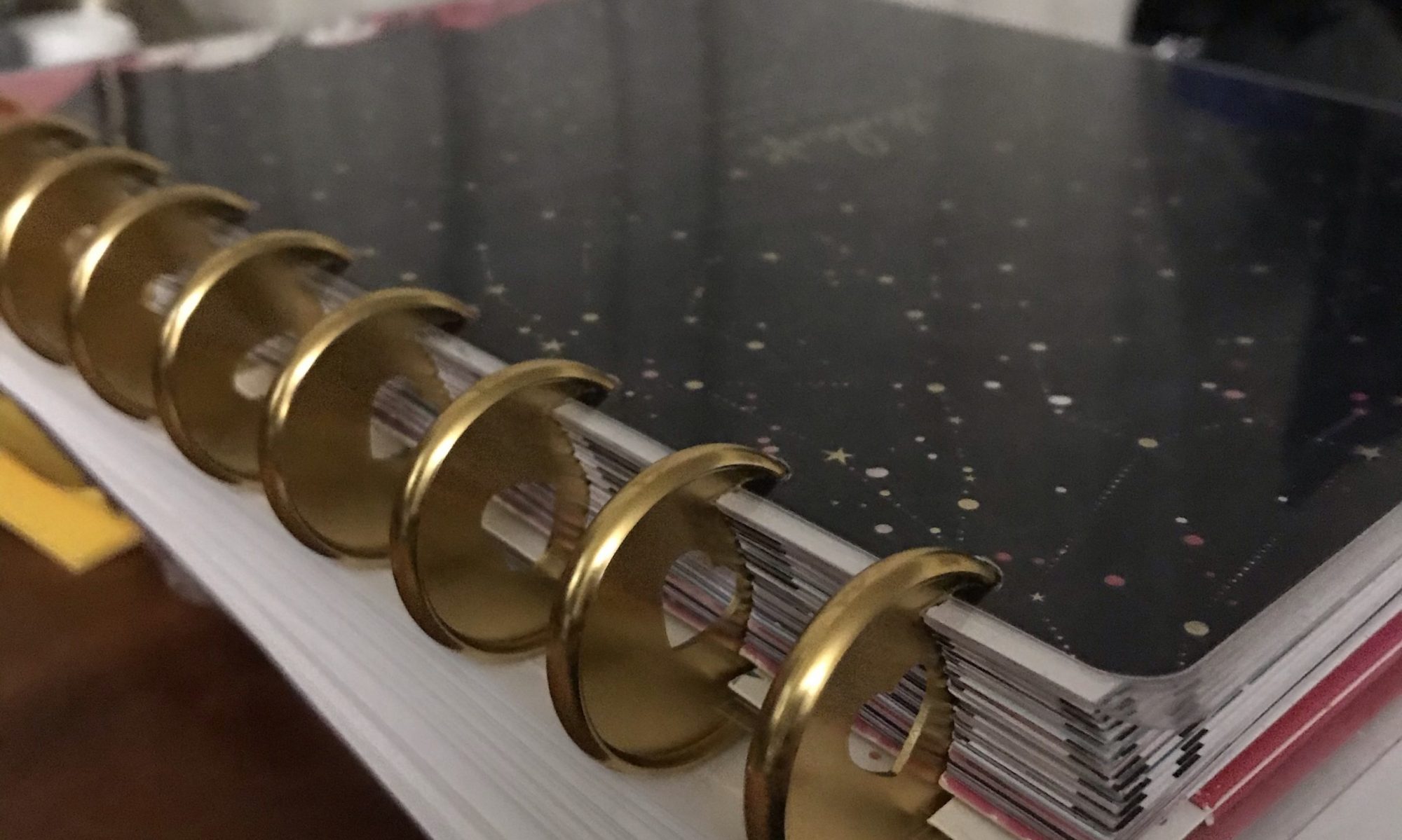This little vignette is a roughed out legend for my 3.x D&D/Pathfinder/Swashbuckling Adventures game in the original world Maraeternum. The story is meant to explain (in part) the development of a certain type of nasty thing in the world (amongst others, I suppose…).
The tragic tale of Ghaund and Amarestine
Once upon a time, in the uncounted centuries before the fall of the Basilica del Mare, on the shore of a great island lived the sorcerer Ghaund. He once had been a great man, though as he grew in powers arcane, he had forgotten how to care for other living things. His beloved lady, the prophetess Amarestine, had foreseen this and left when she could bear his growing coldness no longer, retreating to a cave at the far end of the fair isle that had been their home through all of their years.
Ghaund came to be beside himself with pain at the loss of his beloved Amarestine and begged for her to return. She refused him sadly, warning that she could not love a man who had forgotten how to care.
“But you are the light of my heart, my reason for breathing!” Ghaund protested.
“Would that you remembered the emotions that could birth those words, my love,” replied Amarestine, for she could see in his eyes that there was no love there, only the pale memory of real feeling. “I can only return when you have remembered how to love me and all others, as you once did.”
And so she left him on the walls surrounding the tower they had once shared and retreated to the far end of the isle, through the villages there, over streams and across the woodlands, and abided in a cave on the shore.
Ghaund fretted and seethed, thought and plotted, consumed by his inexplicable need to have his lady returned to him. Though he could not remember how to feel, he knew at his core that he needed her at his side, though he knew not why. Nothing would stop him in his quest to return her to him—not even Amarestine herself.
For a time, he sought to remember how to feel, though her words made no sense to him. He could cut himself, and he would bleed, and it would hurt, though it would heal in time. He felt no pleasure from the healing, only the pain of the cut. He felt no gladness when he gazed upon her portrait, only sadness eating away at his soul. There was no reason to feel, no reason to care. There was no joy in giving to others, only loss. His heart grew cold, his heart grew hard, and all he knew was that his magic soothed the only things left he could feel—pain for the loss of his lady, ambition for the power to retrieve her, and anger for his inability to have her as he wished.
And so he began to plot, to work, to scheme. He read a thousand books, wrote to a thousand scholars, spent a thousand sleepless nights at work to find a way to bring her back to him until he finally found a way.
He had created from kelp and ambergris, gelatin and water, magic and alchemy, creatures malleable and yet man-formed. He shaped them, he honed them, and he imbued them with powerful magics and even more powerful compulsions. These creatures—his great triumph among triumphs—would surely be able to return his Amarestine to him! And so he sent them forth, oozing, slipping, running across rocks and cobbles, through woods and water, until they reached the cave in which Amarestine made her abode.
The prophetess was not startled to see these strange creatures, man but not, liquid yet solid.
“O Ghaund!” She despaired. “Oh, my love, what have you done?”
The creatures fell upon her then and carried her back to their master, who felt no joy at the return of his beloved. He looked upon her and sighed, feeling nothing. He touched her and though his blood raced, he knew not why, kissed her and felt light-headed, knew her and yet pleasure did not truly reach him.
And so he kept her there, in the tower, guarded by his creations, until all the days of their lives were utterly spent, and learned nothing at all.
